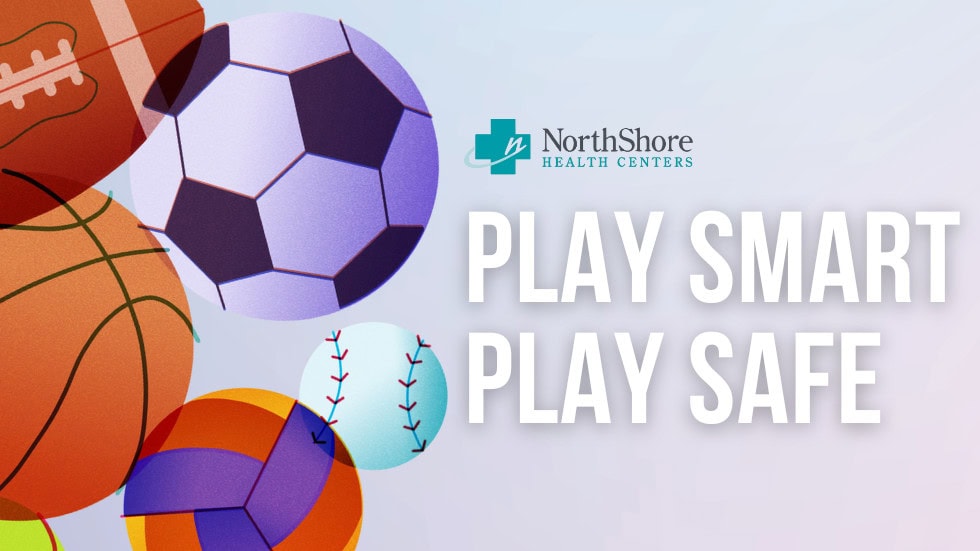
Americans who have been diagnosed with diabetes has grown a great deal over the last six decades and remains the 7th leading cause of death in the United States. Those diagnosed with diabetes are at risk for a number of conditions, including both Hyperglycemia or Hypoglycemia.
Hyperglycemia and hypoglycemia are both dangerous conditions involving blood sugar. While these conditions can happen to anyone, it’s a major concern for those diagnosed with diabetes. Below is information about hypoglycemia and hyperglycemia, and the symptoms you need to look out for.
Hypoglycemia
Hypoglycemia occurs when there is not enough glucose in your blood and usually comes on suddenly. It can happen for several reasons, but waiting too long to eat and strenuous exercise are common culprits.
Symptoms of Hypoglycemia
Sweating
Shakiness, dizziness, weakness
Anxiety
Rapid pulse
Irritability (“hangry”)
Headache
Fatigue
Difficulty concentrating
Confusion
Hyperglycemia
Unlike hypoglycemia, hyperglycemia (too much sugar in your blood) usually occurs slowly, over the course of several hours or days.
Symptoms of hyperglycemia
Increased fatigue
Difficulty concentrating
Dizziness
Drowsiness
Headaches
Blurred vision
Irritability
Intense thirst
Increased urination
Involuntary weight loss
Excessive hunger
To prevent these conditions, it’s important to keep an eye on your blood sugar levels. Schedule a doctor’s appointment if your blood sugar remains above 240 mg/dl consistently, or if you have severe symptoms of hypoglycemia.
If you think you are experiencing either of these conditions or think you are at risk for prediabetes, schedule an appointment with one of our providers. NorthShore Health Centers offers chronic disease management. Our providers work with their patients to educate and motivate them to receive necessary therapies, medications, and interventions to ultimately achieve a reasonable, ongoing quality of life. Call or go online to schedule an appointment with us today!



